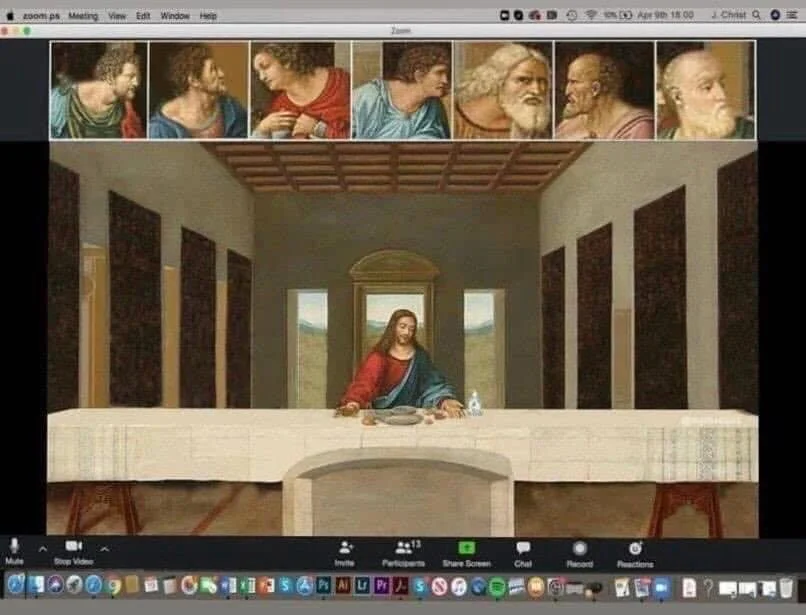With America facing a bitterly divisive election, Episcopal Church leaders did what they do in tense times — they held a National Cathedral service rallying the Washington, D.C., establishment.
This online "Holding onto Hope" service featured a Sikh filmmaker, a female rabbi from Chicago, the Islamic Society of North America's former interfaith relations director, the female presiding bishop of the Evangelical Lutheran Church in America, a Jesuit priest known for promoting LGBTQ tolerance and former Secretary of State Condoleezza Rice.
"Our ideals, values, principles and dreams of beloved community matter," said Episcopal Presiding Bishop Michael Curry, the church's first African-American leader. "They matter to our life as a nation and as a world. Our values matter!"
This was the kind of rite -- think National Public Radio at prayer -- a church can offer when its history includes 11 U.S. presidents and countless legislators and judges from coast to coast. Episcopal leaders also know President-elect Joe Biden is a liberal Catholic whose convictions mesh with their own.
That's the good news. Episcopalians have also been hearing plenty of bad news about their future.
For example, Curry became a media superstar after his soaring sermon at Prince Harry and Meghan Markle's wedding. But wedding trends in his own flock have been pretty bleak. Ditto for baptisms.
A stunning 2019 report from Episcopal parishes showed 6,484 weddings (down 11.2%). Baptism rites for children fell to 19,716 (down 6.5%) and adult baptisms dropped to 3,866 (down 6.7%). Baptisms are down 50% since 2003.
Office of the General Convention statistics reported 1,637,945 members (down 2.29%) and average attendance fell to 518,411 (down 2.25%). Median attendance dropped from 53 worshippers to 51, while 61% of parishes saw attendance declines of 10% or more.
All of these statistics predate the coronavirus pandemic.
Episcopal News Service offered these blunt words from the Rev. Dwight Zscheile, an expert on church renewal and decline: "The overall picture is dire -- not one of decline as much as demise within the next generation. … At this rate, there will be no one in worship by around 2050 in the entire denomination."
Episcopal Church membership peaked at 3.4 million in the 1960s, a pattern seen in other mainline Protestant bodies. This decline has accelerated, with membership falling 17.4% in the past 10 years.
As a rule, the crisis is worse in the Northeast and the Midwest, while losses have been slower in the Sunbelt and some parts of the West. In terms of worse-case scenarios, the Diocese of Northern Michigan remains open for business, but reported an average attendance of 385 in 2019. That's the whole diocese.










